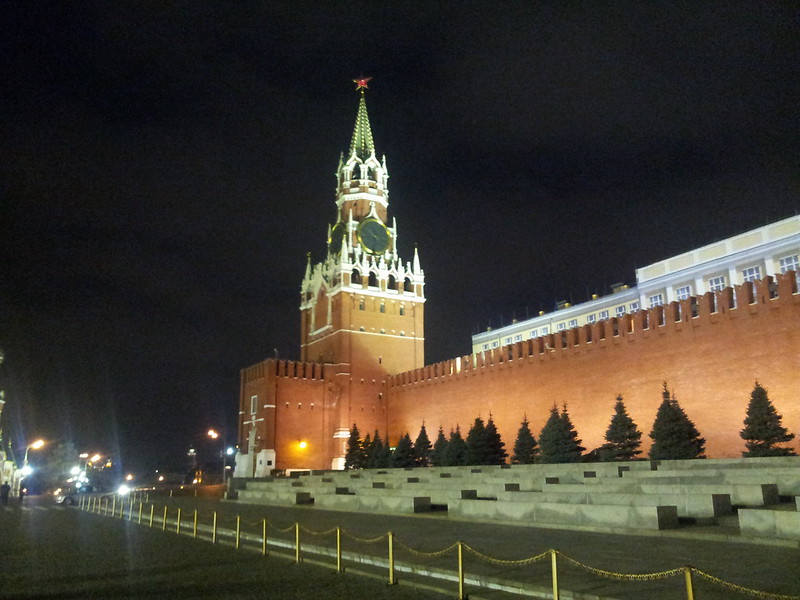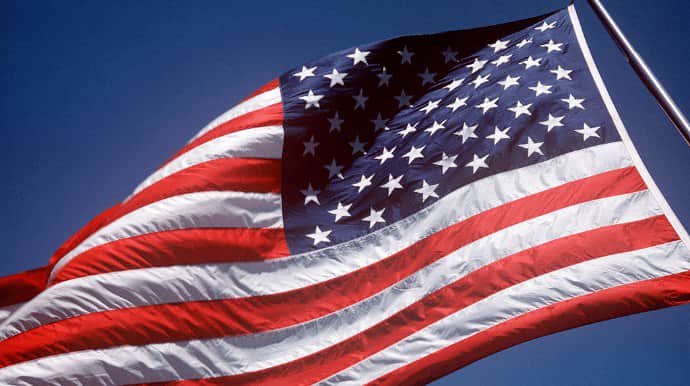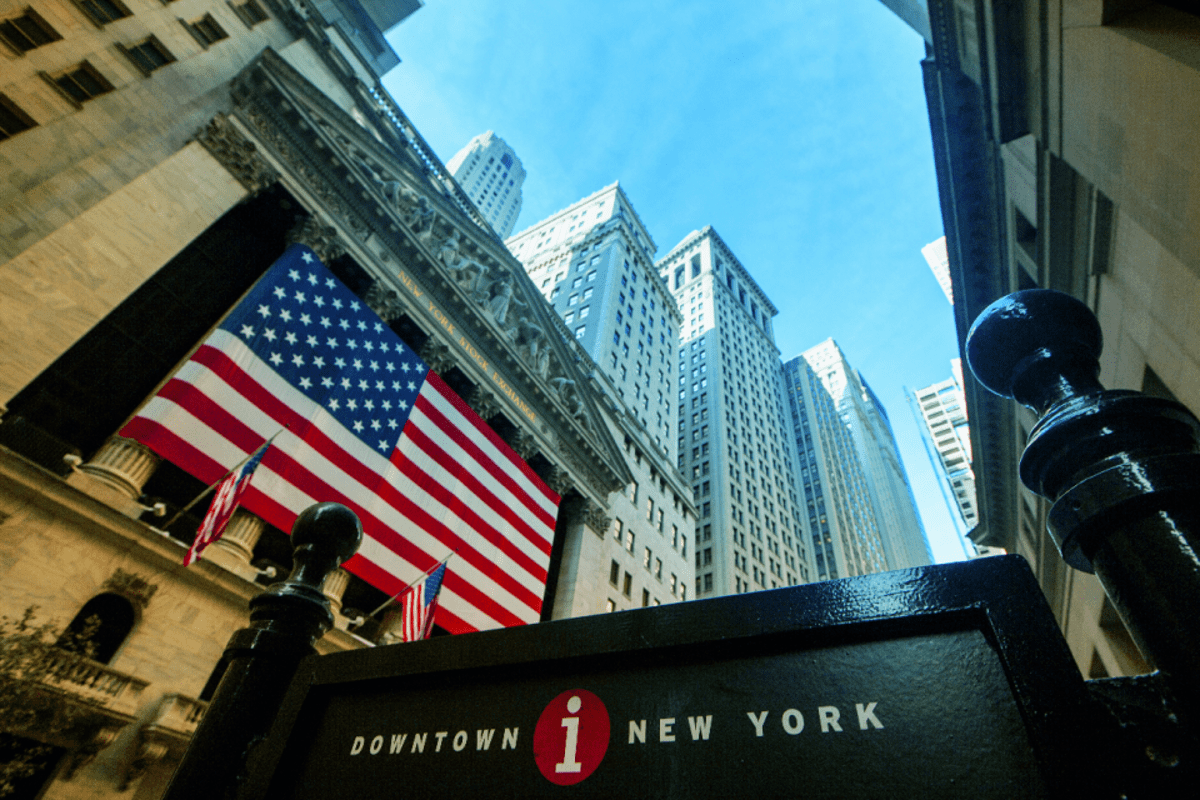The Notebook: Brexit is causing a stink in the world of cheese
British cheese is now considered some of the best in the world. After a boom in artisan cheesemaking, Britain produces 1,100 varieties, double the total in France, and many connoisseurs argue it is now superior in quality too. Which meant there were high hopes for British entries at the recent World Cheese Awards, which took [...]


British cheese is now considered some of the best in the world.
After a boom in artisan cheesemaking, Britain produces 1,100 varieties, double the total in France, and many connoisseurs argue it is now superior in quality too.
Which meant there were high hopes for British entries at the recent World Cheese Awards, which took place in Portugal.
But as the judging began, the British contingent noticed something untoward. Many of Britain’s cheeses, it emerged, had failed to pass customs, and were deprived of the chance to compete.
As a metaphor for Brexit, it couldn’t have been more succinct. Some had fun pointing out that one of Brexit’s architects, former Prime Minister Liz Truss, famously made a passionate speech about international cheese markets.
John Farrand, director of the Guild of Fine Food, declared: ‘Before Brexit, this wouldn’t have been a thing. That’s a fact.’
A growing realisation that the barriers we have erected to trade with our nearest neighbours are damaging and counterproductive is adding to pressure on Keir Starmer to go further than he appears willing on reintegration with the EU and its single market. In what is being seen as a significant olive branch, the Prime Minister has been invited to meet EU leaders to discuss European security as Brussels seeks closer ties with the UK. No British leader has attended such a gathering since the UK left the bloc in 2020.
Siren voices calling for the UK to tack back towards the EU in response to what will be a more protectionist US under Donald Trump are growing louder.
Whether Starmer likes it or not, the Trump era will be Brexit’s final reckoning. If the long-promised US-UK trade deal fails to materialise, any threadbare argument that Brexit might yet prove a success on any level will disappear.
I suspect the prospect of a comprehensive deal is small. British farmers and consumers are unlikely to be persuaded that mass-produced US goods should undercut those made here. And Donald Trump is not about to tell US farmers their products can’t be included.
Angela of mercy
Angela Merkel’s memoir, revealing her shock and dismay at Britain’s vote for Brexit in 2016, reminded me of the frustrations of working in government and trying to sell David Cameron’s pre-referendum deal with the EU. It’s all but forgotten now, but Merkel agreed to exempt the UK from ever closer union, the founding principle of the EU. This was an enormous concession which the pro-Brexit contingent successfully managed to trash and downplay.
Time to follow Aussie rules on phone ban?
Any parent or guardian will know the dilemma posed by how much access to allow teenagers to social media. The potential impact on mental health is of increasing concern, but youngsters’ social lives are largely organised online. Australia has decided to take the issue out of parents’ hands and voted to ban children under 16 from using social media at all. The ban will see tech companies fined up to A$50m (£25.7m) if they fail to comply. Australian PM Anthony Albanese says: ‘This is a global problem and we want young Australians to have a childhood.’ It will be interesting to see if other countries follow suit.
Peter principles
I don’t agree with Labour’s Lord Mandelson, who argues the UK should hold its nose and use Nigel Farage as a ‘bridgehead’ to build relations with Donald Trump’s incoming US administration. For a start, this smacks of Mandelson seeking to ingratiate himself with Team Trump to make himself more palatable as the UK’s next ambassador to the US. Furthermore, Reform already poses a grave threat to both Labour and the Conservatives, lying in second place in swathes of seats. Legitimising Farage in the way Mandelson suggests would be sure to backfire.
Top TV show of 2024
After the Party, available to stream on the Channel 4 player, is hands down the best television I have seen this year. New Zealand actress Robyn Malcolm stars as a middle-aged teacher who makes a grave and public accusation against her husband, played by Malcolm’s real-life partner Peter Mullan. The series explores the fallout as the desire to prove her claims correct consumes Malcolm’s character, costing her friendships and family relationships. Malcolm’s is the performance of 2024: a sensational must-watch.
James Chapman is director of Soho Communications and former Treasury comms chief



